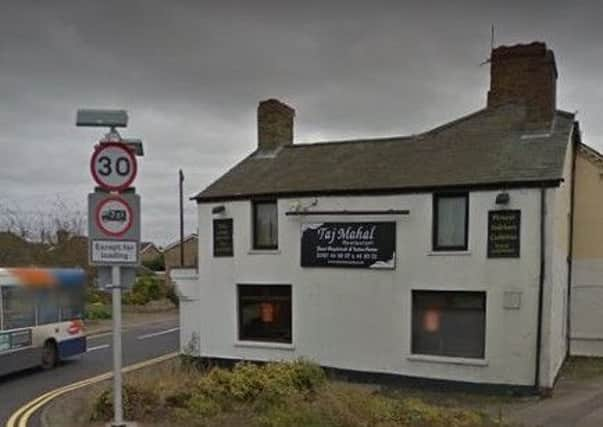Sandy Indian restaurant fined for selling dodgy vodka


In a case brought by Central Bedfordshire Council, Taj Mahal Ltd and its food operator Mohammed Ali appeared at Luton Magistrates’ Court on Tuesday, 1 August.
It followed a series of test operations carried out by the council’s Public Protection team in the run-up to Christmas last year.
Advertisement
Advertisement
Officers visited 40 businesses across Central Bedfordshire to ensure that party goers were getting what they paid for.
They carried out on-site checks looking for businesses serving alcoholic drinks which had been watered down or who had swapped known brands with cheaper or fake alcohol.
The Taj Mahal, in London Road, was one of two restaurants discovered to be selling fake Smirnoff vodka.
At Luton Magistrates’ Court, Mr Ali pleaded guilty to a total of four offences of selling counterfeit alcohol by the company and him as a director.
Advertisement
Advertisement
Taj Mahal (Sandy) Ltd was fined £500 (£250 for each offence), ordered to pay costs of £1,350 and a victim surcharge of £30 – a total of £1,880.
Mr Ali was fined £800 (£400 for each offence), ordered to pay costs of £1,350 and a victim surcharge of £40 – a total of £2,190.
Councillor Ian Dalgarno, Executive Member for Community Services, said: “Businesses may be tempted to sell watered-down or cheaper alcohol to customers thinking they are getting the genuine product in a bid to make a bit of extra money.
“However, as this case proves, the council takes this matter very seriously. If you’re caught then you will be investigated and are likely to end up with a criminal record, as well as facing everything from a hefty fine and a possible prison sentence to a recovery order to pay back all the illegal profits.
Advertisement
Advertisement
“There is an even more serious side to this too because fake alcoholic drinks may contain dangerous chemicals such as cleaning fluids, nail polish remover and screen wash which can cause serious illness or even death.”
Businesses are advised to only buy alcohol from reputable suppliers and to keep an itemised VAT receipt.
Customers are advised to use the ‘three P’s’ to spot fake alcohol:
Price – if a deal looks too good to be true then it most probably is
Advertisement
Advertisement
Packaging – Poor quality labelling, spelling mistakes and altered logos are all a sign of fake alcohol; genuine spirits should be labelled with a name and address. You can also check bar codes by using your smartphone to see if it is listed as the correct product
Product – Look out for fake versions of well-known brands and be wary of unusual brand names you haven’t seen before. Vodka is the most commonly counterfeited spirit
Anyone concerned that they have not been sold what they have paid for should notify the team as soon as possible by calling 0300 300 8642 or emailing [email protected]